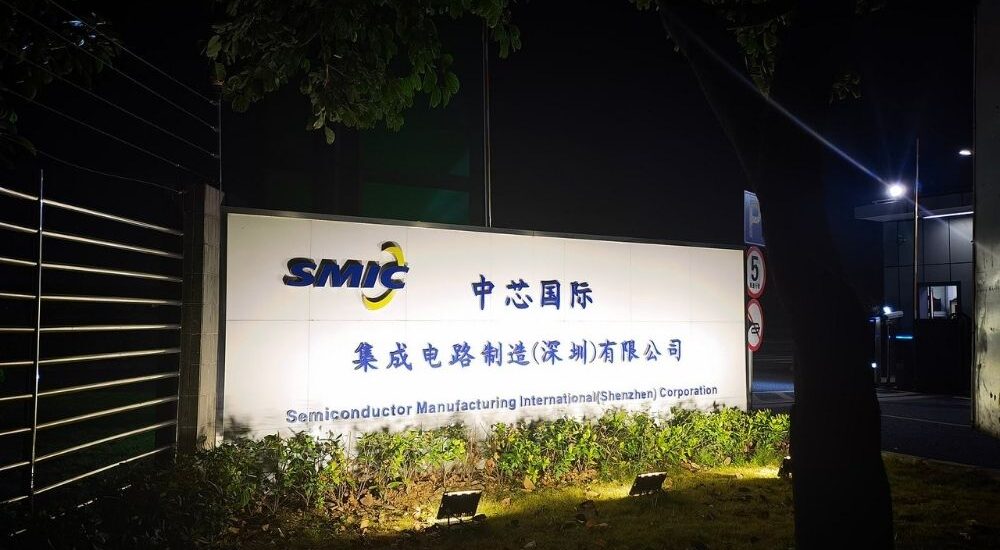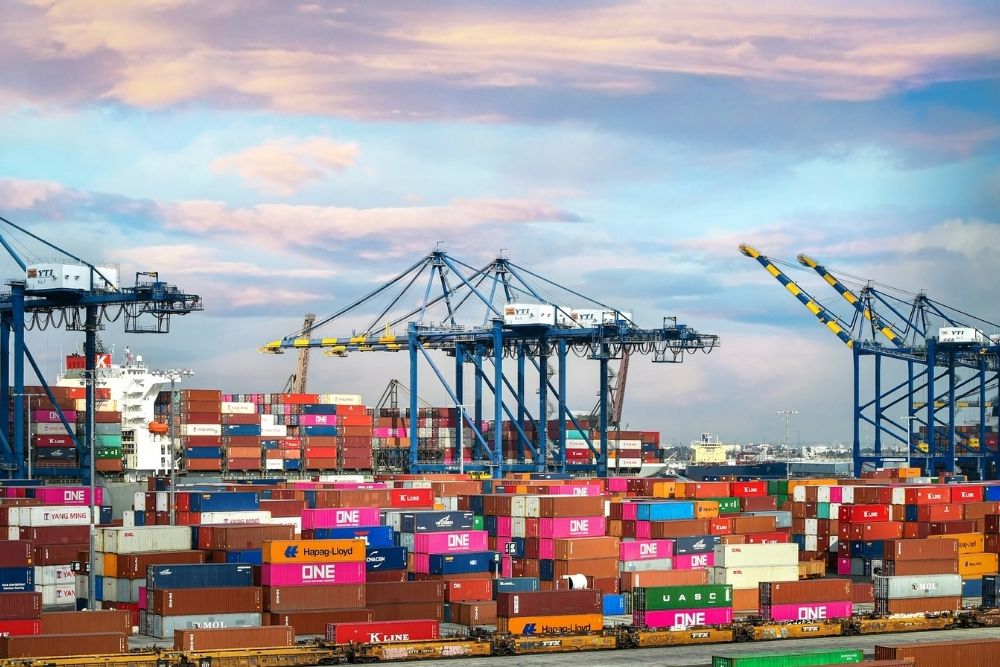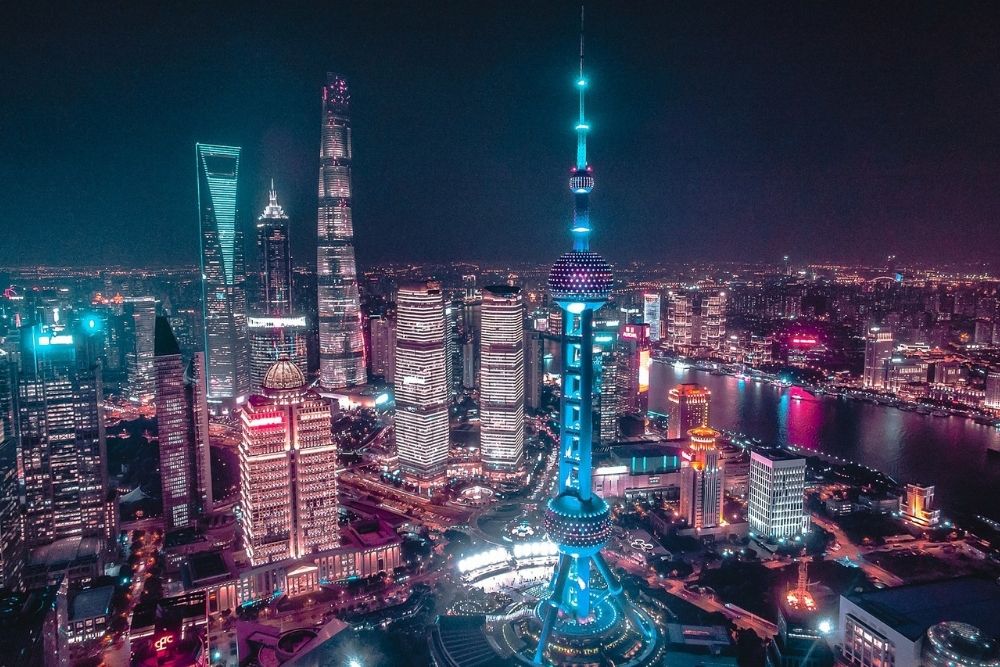China planning to raise $40 billion for its semiconductor industry
- September 6, 2023
- Posted by: Quatro Strategies
- Categories: AI & Semiconductors, China

China is planning to launch a new state-backed investment fund aiming to raise approximately $40 billion for its semiconductor sector, as part of its ongoing efforts to catch up with global rivals, particularly the United States, in the semiconductor industry. This new fund, part of the China Integrated Circuit Industry Investment Fund, is expected to be the largest of the three funds launched by the organization.
The target amount of 300 billion yuan ($41 billion) surpasses the figures achieved by similar funds in 2014 and 2019, which raised 138.7 billion yuan and 200 billion yuan, respectively. A significant portion of the investments from this new fund will go towards acquiring equipment for chip manufacturing, with the aim of reducing China’s reliance on foreign suppliers for semiconductor manufacturing equipment.
China’s ambition to achieve self-sufficiency in semiconductors has been emphasized by President Xi Jinping, particularly in light of export controls imposed by the United States and other countries due to concerns over national security and the potential military use of advanced chips by China.
The fundraising process for this new fund is expected to take several months, and it remains to be seen when exactly the third fund will be launched and whether there will be further changes to the plan.
The China Integrated Circuit Industry Investment Fund has supported major Chinese chip foundries in the past, including Semiconductor Manufacturing International Corporation (SMIC) and Hua Hong Semiconductor. However, China’s domestic semiconductor industry still faces challenges in catching up with global leaders, especially in the production of advanced semiconductor technologies.
This latest fund demonstrates China’s determination to advance its semiconductor industry and reduce its reliance on foreign technology, especially in light of ongoing trade tensions and export controls.
Interested in learning more?
Sign up for Top Insights Today

Top Insights Today delivers the latest insights straight to your inbox.
You will get daily industry insights on
Oil & Gas, Rare Earths & Commodities, Mining & Metals, EVs & Battery Technology, ESG & Renewable Energy, AI & Semiconductors, Aerospace & Defense, Sanctions & Regulation, Business & Politics.


